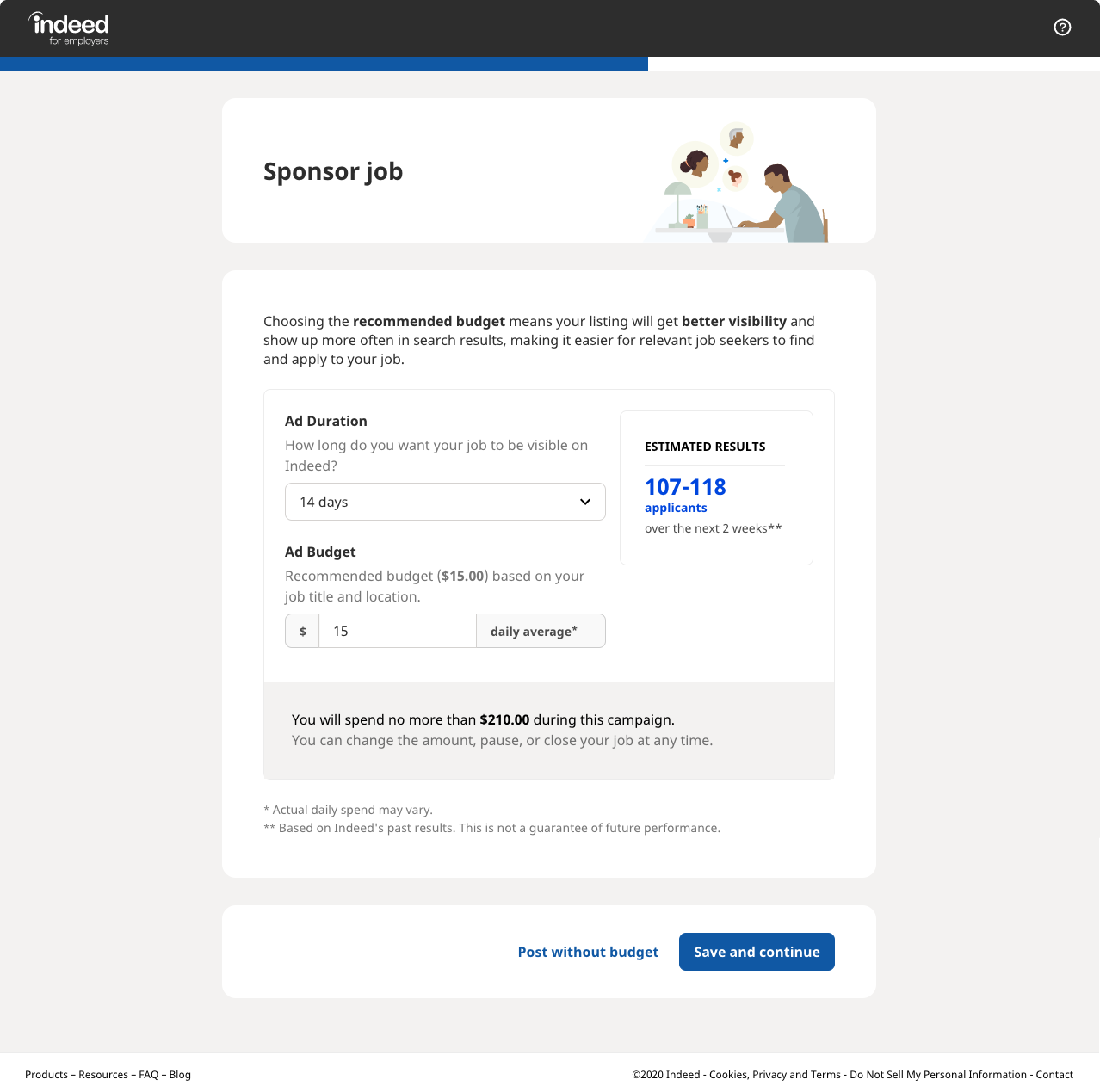
In fact, your bank account itself can be one of the biggest offenders. Watch out for hidden expensesĪs you become master of your finances, you’ll find a lot of hidden fees and corporate “gotcha” charges can drain your bank account quickly. It will be less money (and interest!) you have to pay back after college. If you’re comfortable financially, consider paying back some of your refunds if it came from a student loan. Make sure all of your school-related expenses are covered first. It can be tempting to use your financial aid refund check on concert tickets, new clothes, or Spring Break. Remember, your financial aid was awarded to you to pay for school expenses - tuition, books, room and board, and other essentials. If you’re due to receive a financial aid refund, make sure to be wise with your newfound solvency. Consider renting your textbooks, shopping online at websites like Chegg or Amazon, and sharing with classmates. Textbooks can be one of the more onerous expenses for a college student, but there are ways to save big when purchasing your books. And always look for student discounts to save on everything from meals to haircuts to entertainment. Cooking your own meals is cheaper than dining out, and taking public transportation is cheaper than owning a car. Find Ways to SaveĪnalyze all of your expenses and see where you can cut back. Use a budgeting tool like Mint to help you keep track of everything – it will sync with your bank account and credit card to tally up all your incoming and outgoing payments, making it easier for you to visualize your budget. If your expenses outweigh your income, you’ll have to find ways to trim your costs.

If you have more income than expenses, you’re in good shape. Now that you’ve added up your expected income and your expected expenses, it’s time to asses the big picture.

Save a little each month to prepare for an emergency, all the while hoping you won’t ever need to use it. You never know when an unexpected expense will pop up, such as a computer or car repair, or worse, a trip to the hospital. Books, entertainment, and medical expenses can all vary from semester to semester, so you will want to give yourself a little extra wiggle room and over project your expenses when preparing your budget. There are, however, variable expenses that are not going to be so transparent. You should have a fairly clear idea of what those are before the start of the semester, as your school will provide you a comprehensive rundown.

You will have certain fixed expenses every semester, such as tuition, dorm fees, utilities, meal plan and groceries, and transportation costs.


 0 kommentar(er)
0 kommentar(er)
